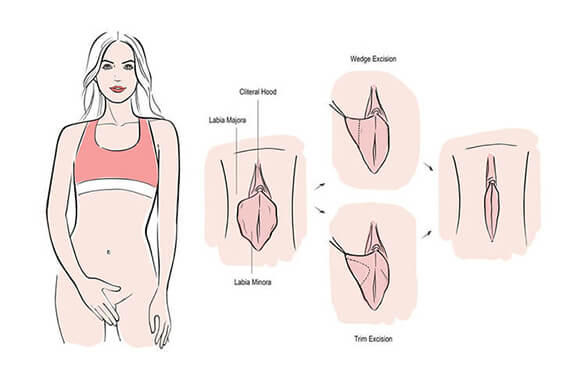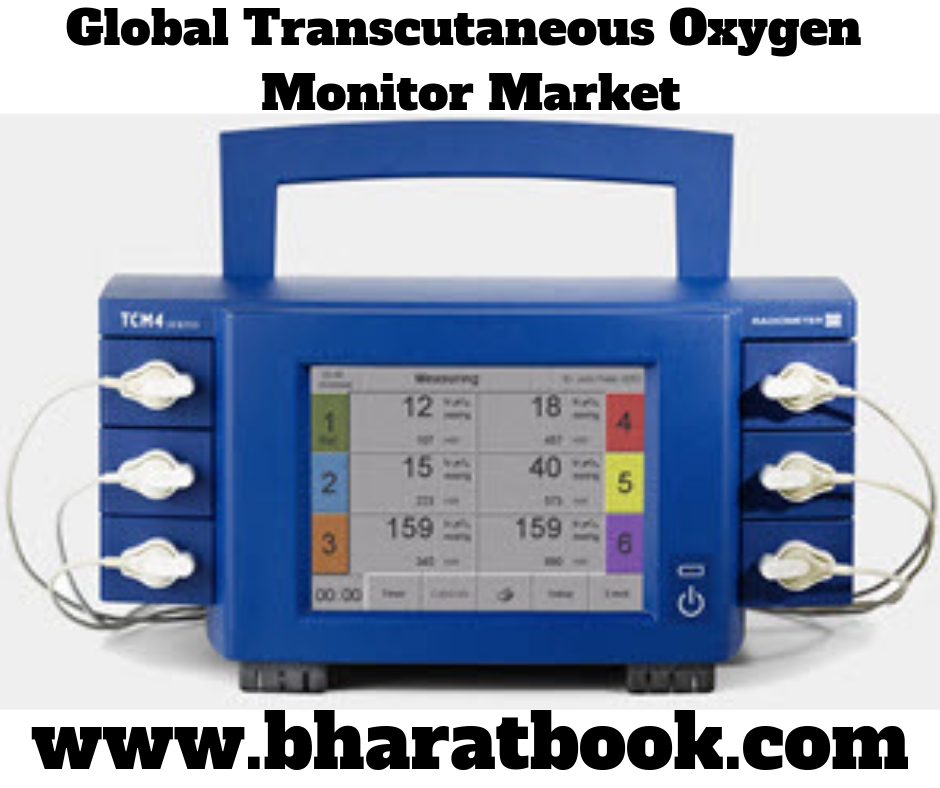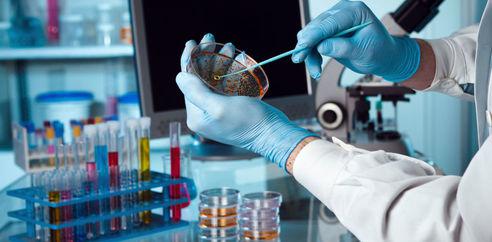A Labiaplasty is a surgical procedure to decrease the size of the labia minora. Labiaplasty may be done either alone or with other plastic surgery procedures. Labiaplasty surgery is considered a “same day” surgical procedure. A patient may have the procedure performed in an outpatient surgical center and return home the same day. Candidates for a labiaplasty report that enlarged labia can cause issues of intimacy and discomfort. Some issues include local irritation of the vagina, personal hygiene, or discomfort during sexual intercourse or exercise. Some patients report insecurity about appearance.
According to the American Society of Plastic Surgeons, vaginal cosmetic surgeries, are growing in popularity. Labiaplasty is one of the fastest emerging trends in cosmetic surgery. Dr. Sadove is a board certified plastic surgeon who has been recognized as a top plastic surgeon in North Carolina by USA News and World Report. Additionally, Dr. Sadove was voted Durham’s Best Plastic Surgeon seven consecutive years in a row by Durham Magazine.
THE SURGICAL PROCEDURE
The labiaplasty procedure is performed on an outpatient basis while under general or local anesthesia. The surgery takes about one hour to complete. The labia minora are reduced while maintaining the natural shape by use of skin and tissue tightening techniques.
SURGICAL COMPLICATIONS ARE RARE
There are many techniques that can be used in labiaplasty. Dr. Sadove uses the latest surgical techniques designed to reduce the external appearance of scars. These techniques can reduce issues like itching and burning from scarring. Other issues that may result from labiaplasty include infection, prolonged swelling, and asymmetry.
RECOVERY FROM LABIAPLASTY
After surgery, patients should abstain from such physical activities. We recommend holding off on high-impact sports for about six weeks. This allows enough time for the sutures heal. Patients must also keep the wound clean with sitz baths and antibiotic cream. Swelling and discomfort that may result from the surgery usually dissipate about two weeks after surgery. Medication may be prescribed to aid these symptoms. The sutures used to close the incision are dissolvable.





